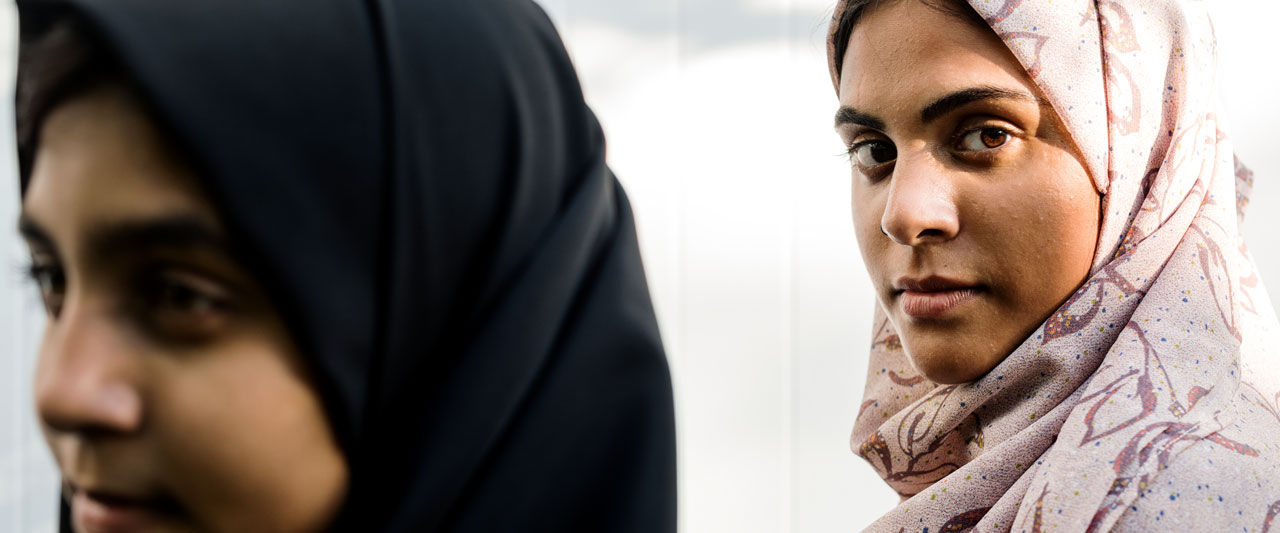Although the need for contraception and safe abortion is heightened in refugee camps and other crisis settings, reproductive health services are often minimal or non-existent, putting women at risk of unwanted pregnancy and unsafe abortion.
In Pakistan, Ipas and the International Rescue Committee (IRC) partnered to conduct trainings focused on one of the major barriers to the provision of abortion care in humanitarian settings—the stigma surrounding abortion and a lack of knowledge about the abortion procedure and its legal status.
Two workshops were held in Peshawar for IRC-Pakistan staff and about two dozen Lady Health Visitors, who provide community-based primary health care. The workshops gave participants the opportunity to explore and clarify their values and beliefs about reproductive health care, including abortion, and to gain knowledge about the legal status of abortion in Pakistan and Islamic perspectives on abortion.
“We are committed to improving services for women and adolescent girls in refugee settings in Pakistan and other crisis settings around the world,” says Erin Wheeler, contraception and abortion care advisor at the IRC. “The trainings held in Peshawar are an important step in that direction because they helped IRC staff and participants examine their own assumptions about abortion and how those assumptions might be preventing women from getting services they need.”
Prior to the workshops, says Bill Powell, Ipas senior medical scientist, “many of the trainees were not knowledgeable about Pakistan’s abortion law and were not aware of the number of women in Pakistan who suffer serious injuries, and sometimes death, from complications related to unsafe abortion. The workshops helped give them new insight and perspective on why safe abortion and contraception are essential health services in humanitarian settings.”
Several participants reported after the workshops that they would now feel comfortable to “speak openly” about abortion even though it is a challenging issue, and others pledged to “provide abortion services to those women who need it.” As a member of the Inter-Agency Working Group (IAWG) on Reproductive Health in Crises, Ipas has been involved for many years in efforts to ensure that safe abortion care is integrated into humanitarian response programs.
For more information, contact [email protected]


